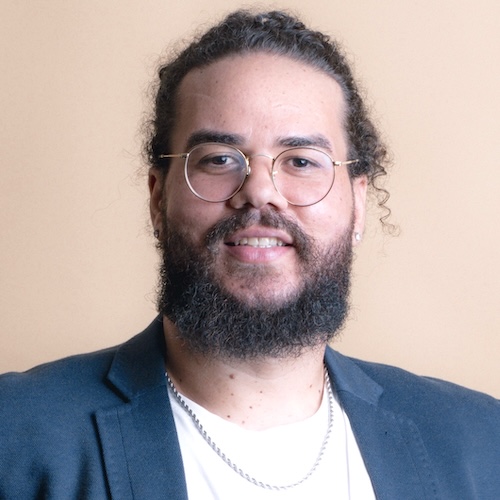Jaime Daniel Leite Junior(he/him)
The central focus of my studies has been the production of knowledge and practices about historically marginalized populations (e.g. homeless population, poor youth, people who experience dissidence of genders and sexualities, black population) in society and the impacts of these marginalization processes on everyday life, ways of life, activities, and occupations of these people and groups.
More recently, my interests have been related to the understanding of the lived experiences of individuals with chronic conditions; the development and evaluation of innovative lifestyle interventions that enhance the health, well-being, and quality of life of individuals with chronic conditions; and the support of transition and chronic condition management for emerging adults, addressing health inequities among socially disadvantaged and medically underserved populations.
Having as a theoretical-methodological basis social occupational therapy and critical occupational science, I seek to advance in the apprehension of sociopolitical forces that shape inequities and the implications of these occupational and social inequities for how people negotiate everyday life and how life possibilities are perpetuated through sociopolitical forces. For that, I am interested in producing intersectional analyses of the processes of social subordination and proposing contributions to promoting social justice.
Education
Doctor of Philosophy (PhD)
in Occupational Therapy
2024 | Universidade Federal de São Carlos
Residency
in Mental Health
2019 | Universidade Estadual de Campinas
Bachelor of Arts (BA)
in Occupational Therapy
2016 | Universidade Federal de São Carlos
Selected Publications
Leite Junior, J. D., Laliberte Rudman, D., & Lopes, R. E. (2024). Alliances between social occupational therapy and critical occupational science: Propositions to mobilize social justice. Journal of Occupational Science. Advance online publication. https://doi.org/10.1080/14427591.2024.2374308 Show abstract
Committed to the necessity of international dialogues in occupational therapy and occupational science, we have developed a proposal for alliance between social occupational therapy and critical occupational science based on a series of theoretical dialogues between Brazilian and Canadian researchers. Through these dialogues, we have aimed to understand and propose contributions that articulate the shared intent of social transformation enhancing social justice of these disciplines. While acknowledging points of difference, we propose an alliance based on points of convergence, including emergence from concerns related to justice and equity; development coming from the ‘margins’; mobilization of critical social theory to orient knowledge production and question power relations within and outside the discipline and the profession; and an intent to work towards social justice, especially with marginalized groups. Our key arguments are informed by theoretical concepts from three authors: Judith Butler’s conceptualizations of vulnerability, precarity, and alliance; Nancy Fraser’s propositions regarding social justice; and Paulo Freire’s concept of dialogue. Through dialogue that recognizes and respects different knowledges and practices, an alliance is produced toward social justice, one that aims to realize more complex theoretical and practical resources for critical thinking about social reality. In turn, possibilities for apprehending how different oppressions impact and influence the possibilities of living can be expanded, informing approaches to building inhabitable worlds and proposing practices of freedom with persons and communities facing oppression.
Keywords. Occupational science; Occupational therapy; Social justice; Dialogue; Critical thinking; Coalition
⋯






